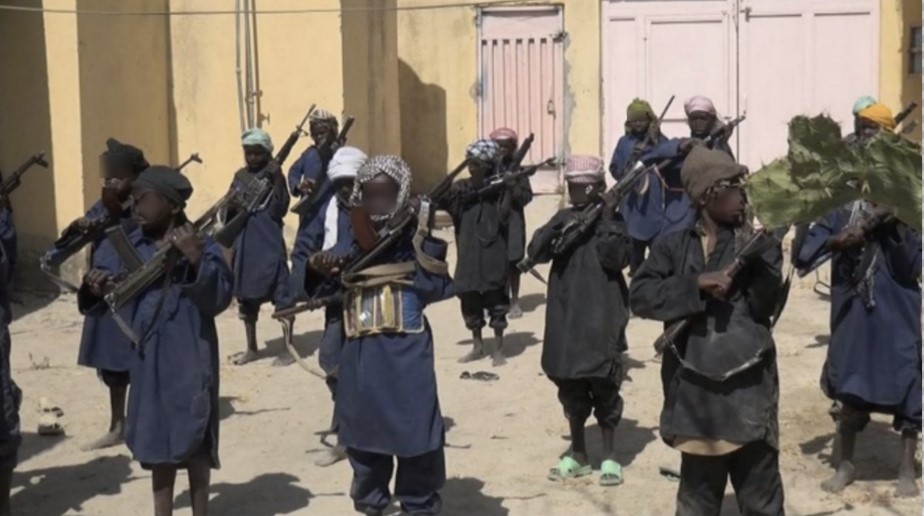THE United Nations has sounded a stark warning about the escalating humanitarian toll of terrorism across West Africa and the Sahel, disclosing that 1,364 children were recruited by armed groups in 2024, while over 14,000 schools were forced to close due to persistent insecurity.
News Point Nigeria reports that the grim statistics were revealed by UN Under Secretary-General and Special Representative for West Africa and the Sahel, Leonardo Simão, at the Regional Conference on Combating Emerging Terrorist Groups and Strengthening Sustainable Security in the ECOWAS Region and the Sahel, held in Abuja on Wednesday.
“These numbers represent stolen futures, fractured communities, and deepening fragility,” Simão lamented, noting that terrorist groups were leveraging ungoverned spaces, community grievances, and advanced technologies, including drones, encrypted communications, and cyber tools to intensify their reach and psychological impact.
According to Simão, the human cost of extremist violence in 2024 was staggering: 1,364 children recruited by armed groups across six countries, 466 cases of sexual violence linked to terrorist activities and 14,364 schools shut down, depriving millions of children of education.
He added that five of the world’s 10 most terrorism-affected countries are in West Africa and the Sahel, with fatalities surging in 2024.
“Terrorist activities are also spreading into sensitive border zones such as the Tambacounda region, spanning Mali, Senegal, Guinea, and Mauritania, and even into protected conservation areas like Park W, Arly, and Pendjari, straddling Benin, Burkina Faso, and Niger,” he said.
“These incursions threaten livelihoods, biodiversity, and eco-tourism proving that no space is beyond the reach of violent extremism.”
Simão also underscored the role of political rifts among neighbouring states and the accelerating effects of climate change in enabling extremist recruitment.
“Climate change acts as a threat multiplier, driving displacement, intensifying farmer-herder conflicts, and forcing entire communities into precarious livelihoods. Terrorist groups exploit these vulnerabilities as recruitment tools,” he said.
He further warned that the Central Sahel is projected to spend $3.2 billion on defence in 2025, diverting resources away from health, education, and climate resilience.
While recognising the need for military action, the UN envoy called for a holistic approach combining: political dialogue and reconciliation efforts, social services and youth empowerment as well as action against transnational crime, including drug trafficking, illegal mining, and arms smuggling, which fuel extremist networks.
He commended ECOWAS efforts to preserve free movement with the Alliance of Sahel States and the establishment of a Joint Threat Fusion and Analysis Cell with the African Union to enhance intelligence sharing.
Nigeria’s Minister of Defence, Muhammad Badaru Abubakar, in his remarks, reinforced the urgency of regional collaboration, warning that piecemeal national responses are insufficient against a cross-border threat.
“For too long, our responses have been fragmented. National efforts, though commendable, have not been sufficient against a transnational menace. Security in one country is inseparable from the security of its neighbours,” he said.
Badaru urged ECOWAS states to prioritise real-time intelligence sharing on terrorist movements, financing, and recruitment.
He also advocated leveraging artificial intelligence for regional early-warning systems while upholding human rights and civil liberties.
The minister further pressed for the institutionalisation of joint multinational operations under clear command structures and called for renewed urgency in operationalising the ECOWAS Standby Force.
“Harmonising legal frameworks across ECOWAS is critical so terrorists and their networks find no safe haven,” Badaru stressed.







